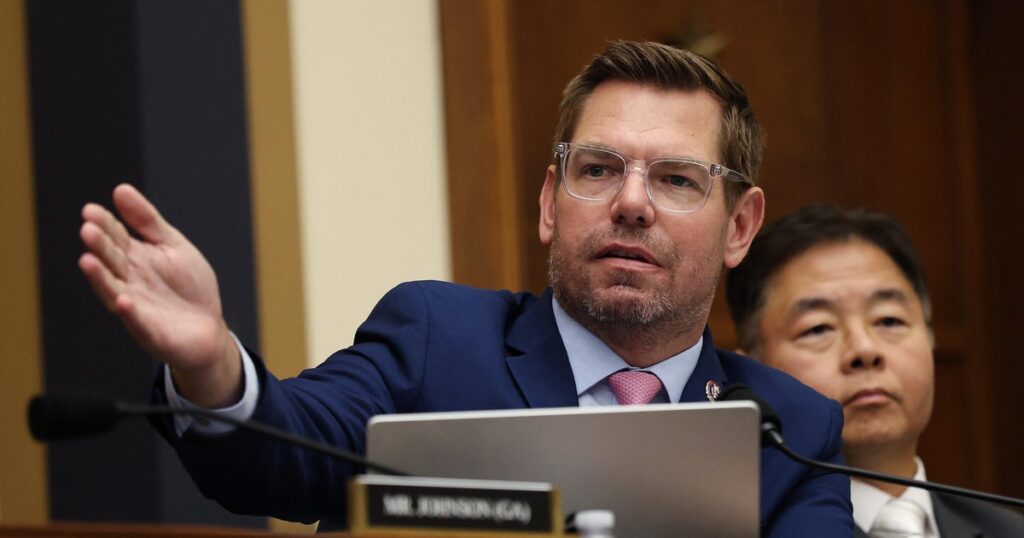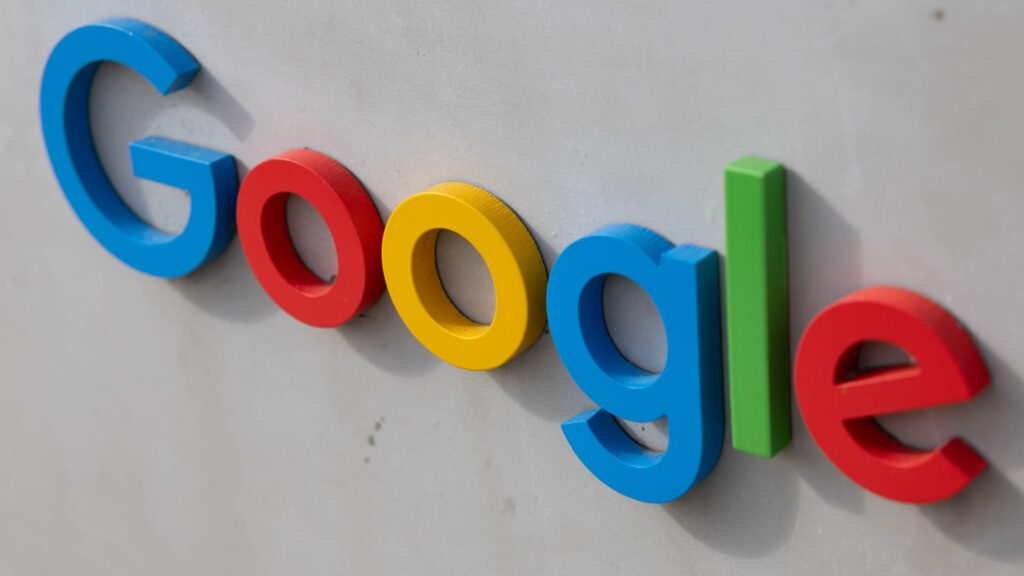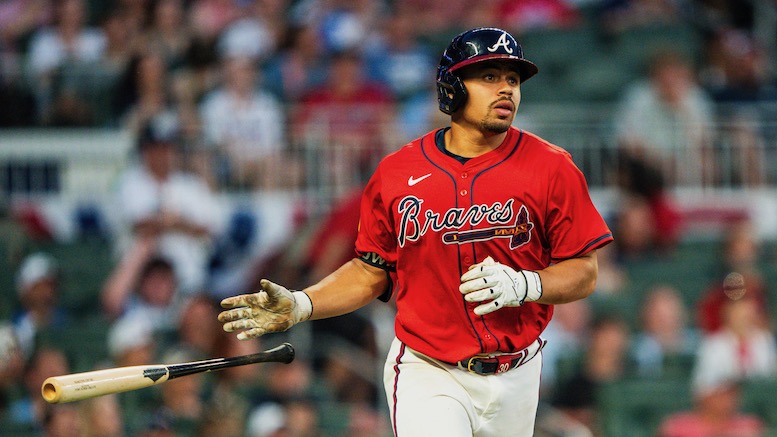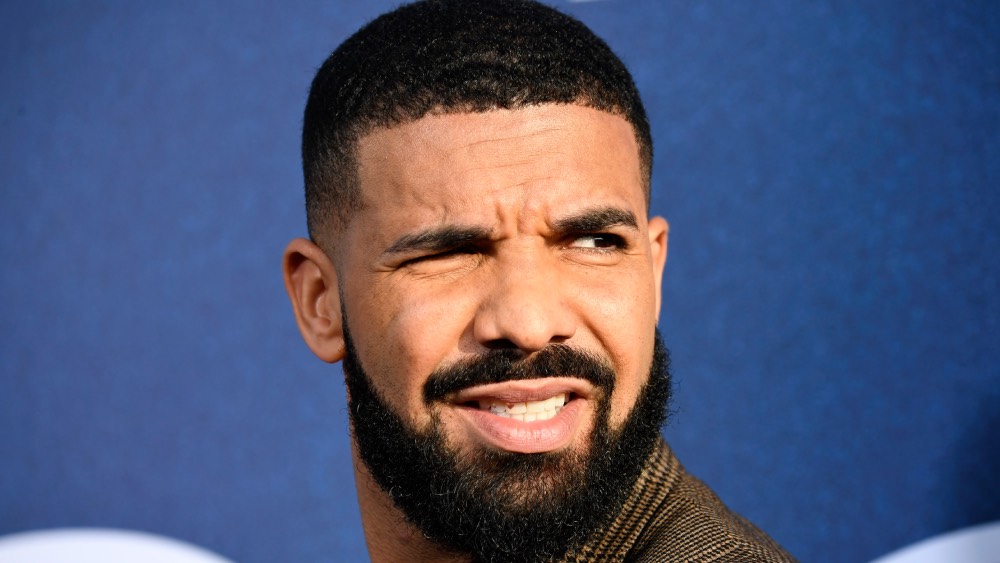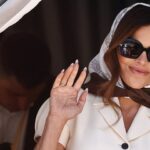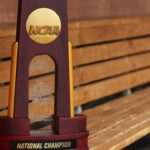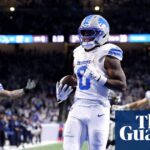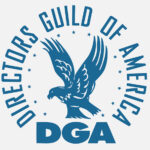Now Reading: Drake Sues UMG For Defamation Over Kendrick Lamar’s ‘Not Like Us’
-
01
Drake Sues UMG For Defamation Over Kendrick Lamar’s ‘Not Like Us’
Drake Sues UMG For Defamation Over Kendrick Lamar’s ‘Not Like Us’
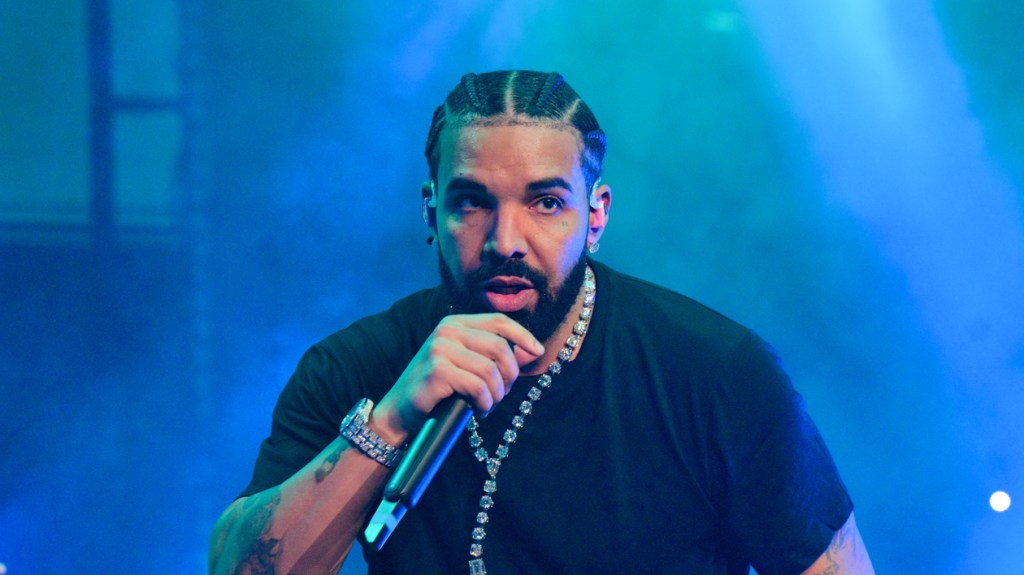
Drake has filed a lawsuit against Universal Music Group (UMG) over allegations that the music giant defamed him by promoting Kendrick Lamar’s diss track “Not Like Us,” claiming the label boosted a “false and malicious narrative” that the star rapper was a pedophile and put his life in danger.
Hours after his attorneys withdrew an earlier petition, Drake filed a full-fledged defamation lawsuit Wednesday (Jan. 15) against his longtime label — claiming UMG knew Lamar’s “inflammatory and shocking allegations” were false but chose to place “corporate greed over the safety and well-being of its artists.”
“UMG intentionally sought to turn Drake into a pariah, a target for harassment, or worse,” the star’s lawyers write in a complaint filed in Manhattan federal court. “UMG did so not because it believes any of these false claims to be true, but instead because it would profit from damaging Drake’s reputation.”
In one of the lawsuit’s most vivid accusations, Drake claims that the release of “Not Like Us” has subjected him to the risk of physical violence, including a drive-by shooting on his Toronto area home just days after the song was released. His attorneys likened the situation to “Pizzagate,” an infamous online conspiracy theory centered on false allegations of pedophilia that later inspired a real-life shooting.
“UMG’s greed yielded real world consequences,” his lawyers write. “With the palpable physical threat to Drake’s safety and the bombardment of online harassment, Drake fears for the safety and security of himself, his family, and his friends.”
Notably, the case does not target Lamar himself — a point that Drake’s attorneys repeatedly stress in their filings: “UMG may spin this complaint as a rap beef gone legal, but this lawsuit is not about a war of words between artists.”
A spokesman for UMG did not immediately return a request for comment.
Wednesday’s lawsuit is yet another dramatic escalation in a high-profile beef that saw Drake and Lamar exchange stinging diss tracks last year, culminating in Lamar’s knockout “Not Like Us” — a track that savagely slammed Drake as a “certified pedophile” and became a chart-topping hit in its own right.
Drake shocked the music industry in November when he filed petitions suggesting he might sue over the feud — first accusing UMG and Spotify of an illegal “scheme” involving bots, payola and other methods to pump up Lamar’s song, then later claiming that the song had been defamatory. But those cases were not quite full-fledged lawsuits, and Drake withdrew one of them late on Tuesday (Jan. 14).
Now it’s clear why: In Wednesday’s lawsuit, he formally sued UMG over the same alleged scheme, claiming the label “unleashed every weapon in its arsenal” to drive the popularity of Lamar’s track even though it knew the lyrics were “not only false, but dangerous.”
“With his own record label having waged a campaign against him, and refusing to address this as a business matter, Drake has been left with no choice but to seek legal redress against UMG,” his lawyers write.
The filing of the case represents a doubling-down for Drake, who has been ridiculed in some corners of the hip-hop world for filing legal actions over a rap beef. It also will deepen further his rift with UMG, where the star has spent his entire career — first through signing a deal with Lil Wayne’s Young Money imprint, which was distributed by Republic Records, then by signing directly to Republic.
In his complaint, Drake’s lawyers say the label opted to boost “Not Like Us” despite its “defamatory” lyrics because they saw it as a “gold mine” — partly because UMG owns Lamar’s master recordings outright, but also because it could use the song to hurt Drake’s standing in future contract talks.
“UMG’s contract with Drake was nearing fulfillment … UMG anticipated that extending Drake’s contract would be costly,” his lawyers write. “By devaluing Drake’s music and brand, UMG would gain leverage to force Drake to sign a new deal on terms more favorable to UMG.”
The filing reveals new behind-the-scene details about the lead-up to the litigation. Drake’s attorneys say they sent several legal letters last summer and fall, warning UMG that the lyrics were false and defamatory. They say Drake also privately “confronted” his label about its role in promoting Lamar’s lyrics and warned of risks to his safety, but that the label “refused to do anything to help.”
Instead, the lawsuit suggests that UMG merely advised Drake of the reputational risks of filing a lawsuit during a rap beef.
“After weeks of delay, UMG declined to do anything to assist Drake, including even going so far as refusing to agree to mediate with Drake,” his attorneys write. “UMG instead insisted that it bore no responsibility for the harm Drake had suffered, and represented that if Drake sued UMG, UMG would respond by bringing claims against Kendrick Lamar, and intimated that Drake would face public ridicule for the perception that he had sued another rapper.”
In their complaint, Drake’s lawyers go out of their way to argue that he has not, in fact, sued another rapper. Though they repeatedly allege that Lamar’s lyrics and music video were defamatory, they say the case is legally about the steps that UMG took after Drake had informed his label that Lamar’s accusations were false and dangerous.
“This lawsuit involves no claims against Kendrick Lamar or any other artist,” his lawyers write. “Instead, it is about UMG … and its malicious decision to publish and promote, through covert means, false allegations about Drake that UMG knew were false, explosive, inflammatory, and certain to result in both vitriol and substantial harm to Drake’s reputation.”
The complaint re-ups many accusations from Drake’s earlier case, like the claim that UMG conspired with others to artificially boost “Not Like Us.” That scheme allegedly included using bots to create fake streams and making undisclosed payments, as well as charging Spotify a lower licensing rate in return for pushing the song to its users. Drake also says UMG took the “unprecedented” step of “whitelisting” the song on YouTube — meaning users could share it without triggering automatic copyright filters.
But the lawsuit also includes new allegations about UMG’s efforts to “put a thumb on the scale” in favor of Lamar, including his upcoming performance at February’s Super Bowl LIX Halftime Show: “UMG conferred financial benefits and leveraged existing business relationships to secure the headliner-spot,” his lawyers write.
All those efforts, Drake’s attorneys say, have had the desired effect: “billions of plays” and “ubiquitous” popularity for “Not Like Us,” which spent two weeks atop the Billboard Hot 100 in May and remains at the 23rd spot on the chart this week.
With that massive popularity, Drake says he has faced a massive hit to his reputation, resulting in “unrelenting vitriol” and acts of violence against one of UMG’s own longtime artists.
“Even though UMG enriched itself and its shareholders by exploiting Drake’s music for years, and knew that the salacious allegations against Drake were false, UMG chose corporate greed over the safety and well-being of its artists,” his lawyers say.
This is a breaking news story and will continue to be updated with additional details as they become available.

